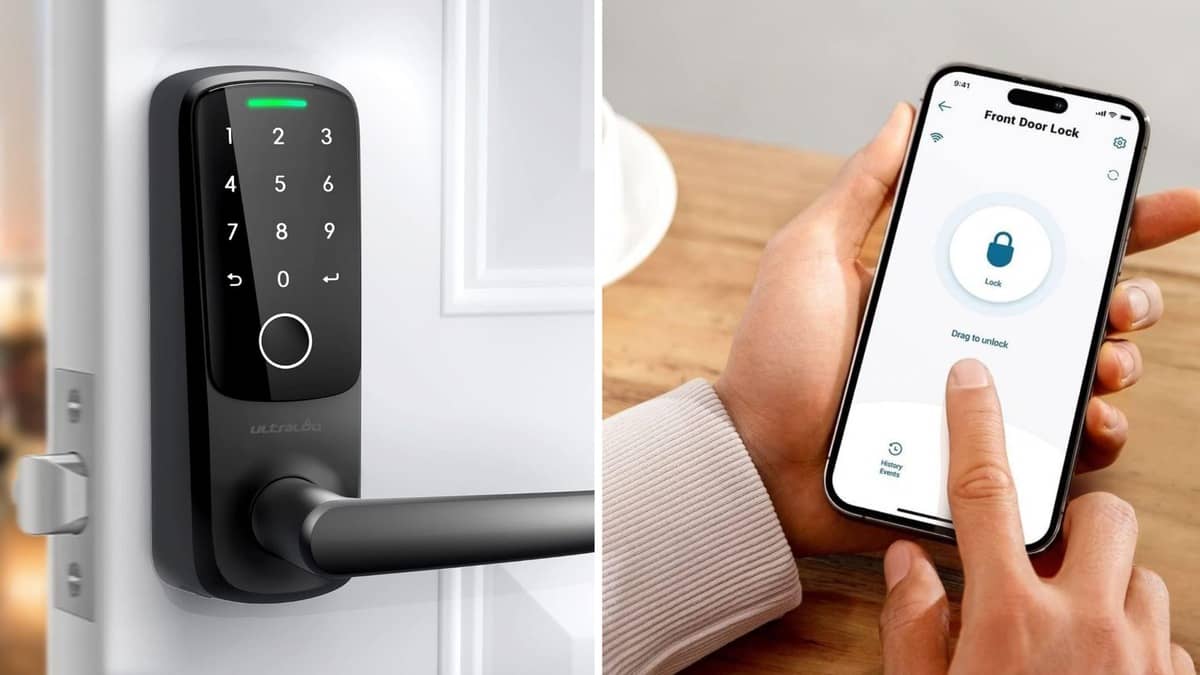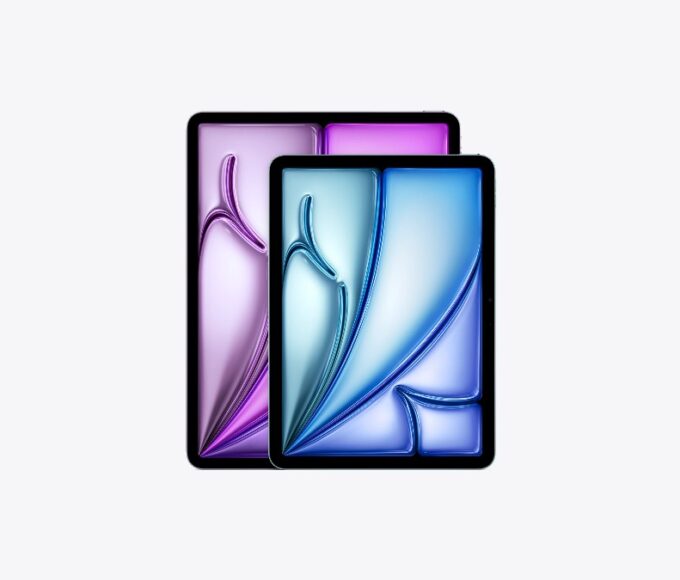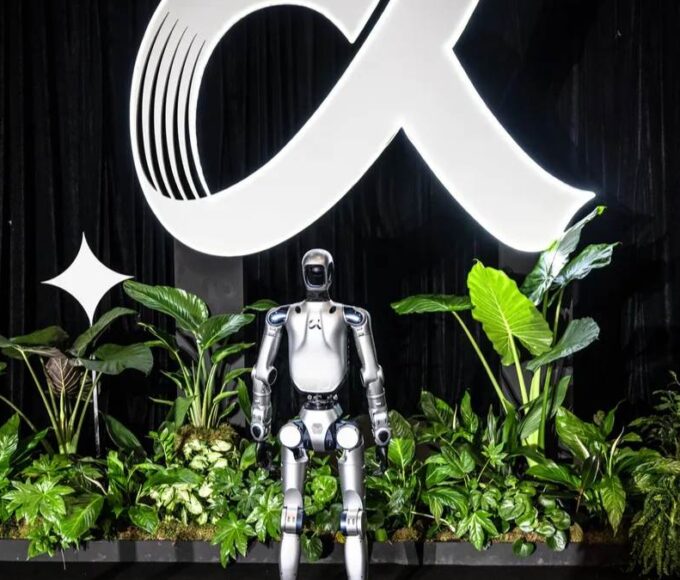In 2024, the smart home industry focused more on software than hardware. After the excitement of the new Matter standard, which aimed to make smart devices work together, progress slowed. However, one category stood out: smart door locks.
Smart locks have seen more innovation this year than almost any other smart home product. Companies like Lockly, Philips, and ADT introduced new technology.
Lockly launched the first facial recognition lock, Philips unveiled the first palm print lock, and ADT partnered with Google Nest and Yale to create a system that unlocks your door and disarms your security system with facial recognition.
Other companies also made strides. Kwikset introduced its first Matter smart lock, and Yale entered the retrofit lock market. Level upgraded its locks to support Matter, and TP-Link added a lock with a built-in camera.
Aqara launched three new locks, while Eufy and U-tec expanded their lineups with Matter support. Schlage remained quiet but is expected to reveal something at CES.
Prices for smart locks have also dropped, with options from trusted brands like The Home Depot starting as low as $99.
Smart locks are becoming one of the most active categories in the smart home market. They are easy to install, come in different price ranges, and are simple to use.
Plus, they don’t require a smart home platform to work, making them a popular choice for many homeowners. As 2025 approaches, it’s clear that smart locks will continue to lead the way in home technology.












Leave a comment